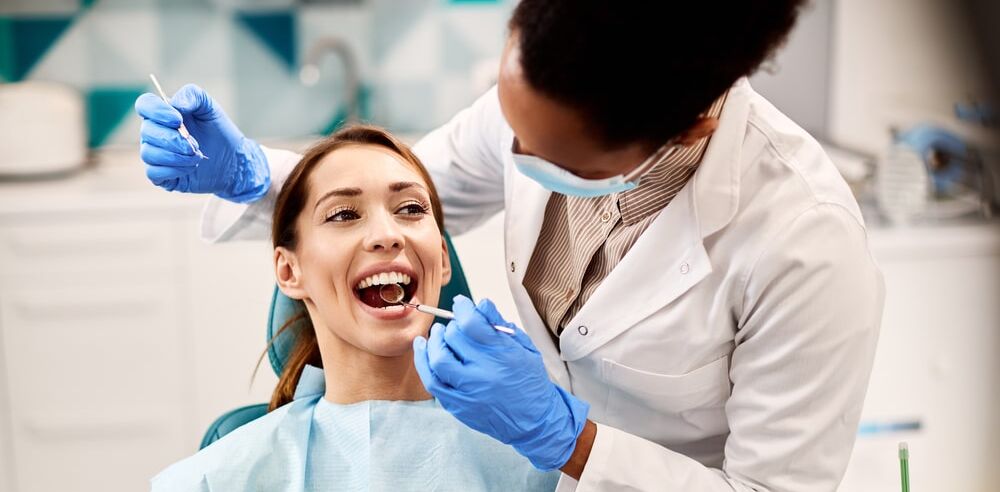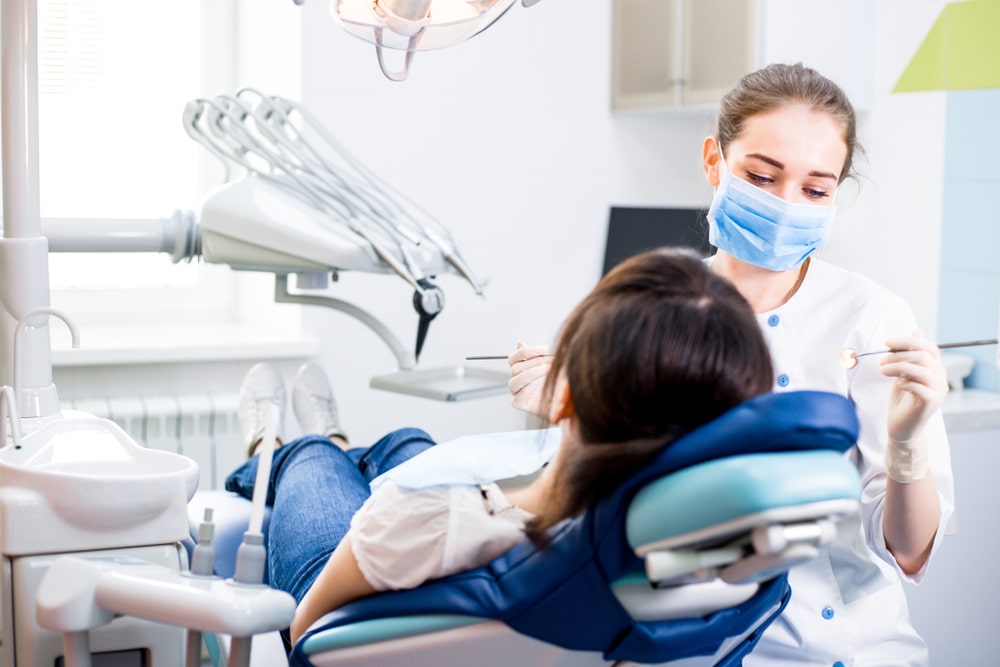Gums are an important part of your mouth. They protect your teeth, keep them where they are meant to be, and help protect the bones in your mouth from disease. When your gums start to recede, you are exposed to bacteria and extreme sensitivity since there is no longer this layer of protection.
So, why might you have gum recession?
- Genetics: Some people are predisposed to gum recession
- Poor Dental Care: If you don’t take good care of your teeth or have infrequent brushing and flossing you could be at risk for this issue
- Aggressive Brushing: Brushing too hard can cause your gums to wear away
- Hormone Changes: You might experience gum recession while you are pregnant, during puberty or menopause – extreme hormone changes can mess with your body
How can you fix gum recession?
Gum grafting in Pittsburgh or pinhole gum treatment in Pittsburgh are treatments that can provide you a solution to your receding gums.
Gum grafting is when a periodontist takes gum tissue from some other part of your mouth (usually the roof of your mouth) and stitches it over the exposed bone where your gums have receded.
Pinhole gum treatment is when a periodontist loosens your gum tissue to guide it over the receded section.
Not everyone is a candidate for pinhole gum treatment in Pittsburgh because there may not be enough gum left in the spot that needs treating. If you have gum disease or inflammation this could also be a reason for an alternate treatment. Your next option is gum grafting in Pittsburgh.
What is the recovery process after gum grafting?
You will need to ensure someone drives you home as you will be given sedatives for the procedure itself. Flossing and brushing your teeth should be avoided at the spot where the procedure was done until the area is completely healed. Liquids or soft foods are the only things you should eat while your gums are healing to prevent any issues. Remember to follow all instructions given by your periodontist following this type of procedure.
The healing process typically takes a few weeks, but it all depends on your situation. Pinhole gum treatment is a less invasive process than gum grafting, therefore you might be fully recovered within 24 hours. Most of the same rules for recovery apply after both types of treatment.
Do gums grow back?
Gums never grow back so it is vital you take care of them by visiting the dentist regularly and maintaining good oral hygiene.
Going to the dentist is important as signs of gum recession can be detected early. During an oral exam your dentist will recognize indicators of any issues long before you visibly notice changes to your gums. Early indications can be monitored and treated before it becomes an even bigger problem.




